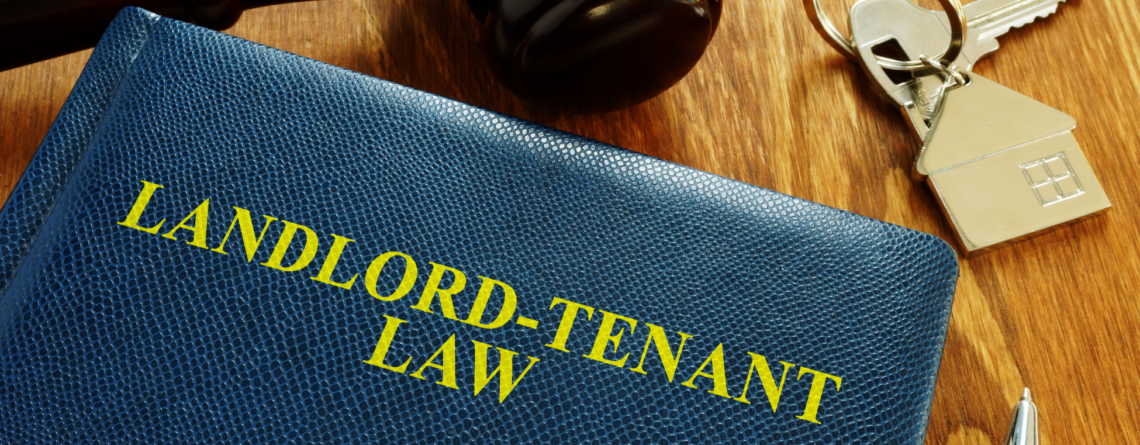Landlord-Tenant Issues – Who’s Right? Part II
Having been in the property management business for more than 45 years, I’ve seen all sorts of strange things and I’ve learned some interesting tidbits along the way. If you own a rental property, or are thinking about it, here are some things to consider.
Normal Wear and Tear
As a landlord, I expect normal wear and tear to occur during the course of a lease agreement, but if a tenant abuses or neglects the property, I will charge them for repairs. Unfortunately, “normal wear and tear” is a subjective assessment that a judge can define.
Years ago, when one of my tenants vacated the apartment he’d been living in, my property management team discovered he had smoked three packs a day inside the apartment for the last year. The white paint on the walls was completely covered with a brown sludgy residue from the cigarette smoke. Humidity in the apartment had cause the sludge to condense and run down the walls. Before we could repaint, we had to clean the walls, which was time consuming and rather unpleasant. The carpets were also full of cigarette gunk, so we had to deep clean those before we could rent the unit to anyone else.
I took the tenant to small claims court to have him pay for the cost of cleaning for what I felt went beyond normal wear and tear. To my chagrin, the judge asked me whether I thought it was reasonable to have to clean cigarette residue from the walls if I rented my property to a smoker. Truth is, I never asked the tenant whether he smoked, but the lease didn’t forbid it, so I was at the judge’s mercy, and the judge figured cigarette smoke residue should be expected from a smoker. That was an expensive lesson. From that point forward all of our units were non-smoking.
The moral of the story is this: your definition of normal wear and tear and a judge’s definition may differ; err on the side of caution.
Eviction on a Storage Unit
Another interesting scenario occurs when someone stops paying rent on a personal storage unit (also called a mini-warehouse). If you, as the owner, have sent the legal seven-day notice to pay rent or move and the seven days have elapsed, you are now required to hold a public auction and sell the contents of the unit to the highest bidder. The proceeds are used to repay back rent and the costs associated with holding an auction. Any remaining proceeds go to the terminated occupant.
Here’s the interesting part: neither the landlord nor the bidders are allowed to enter the storage unit. They bid based on what they can see from the outside looking in. These auctions can yield surprising results. If an old shoebox contains vintage 1957 baseball cards, a priceless stamp collection or first-edition Superman comics, the high bidder is likely to feel really good about his decision to bid $20.00. If, on the other hand, the old shoebox contains a moldy old pair of shoes, the bidder may not be so happy. Sometimes, the auction benefits the terminated occupant. If a bidder sees what appears to be an antique piece of furniture that may be worth a significant sum, he or she may choose to put in a high bid. If that furniture turns out to be worthless, the bidder still has to pay and the terminated occupant gets whatever proceeds are left over after paying back rent and auction expenses.
Next week, I’ll share a few more stories from 45 years in property management.
If you have questions about getting into real estate, please contact me at rselzer@selzerrealty.com or call (707) 462-4000. If you have an idea for a future column, share it with me and if I use it, I’ll send you a $25 gift certificate to Schat’s Bakery. Dick Selzer is a real estate broker who has been in the business for more than 40 years.






